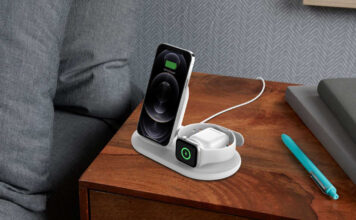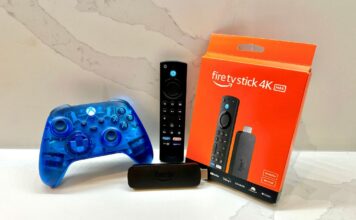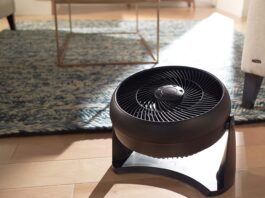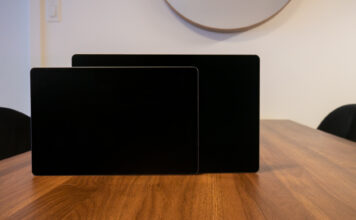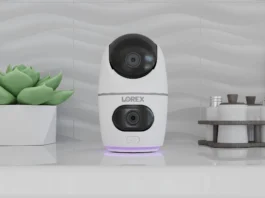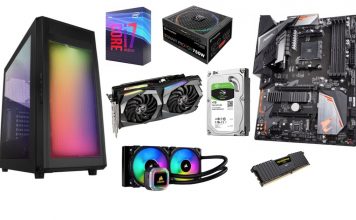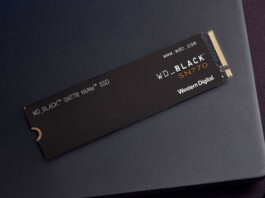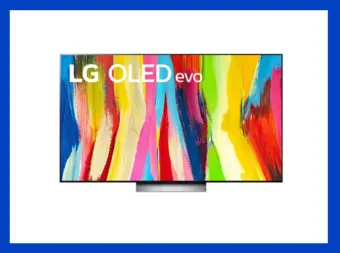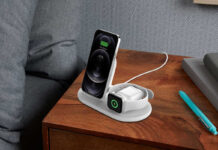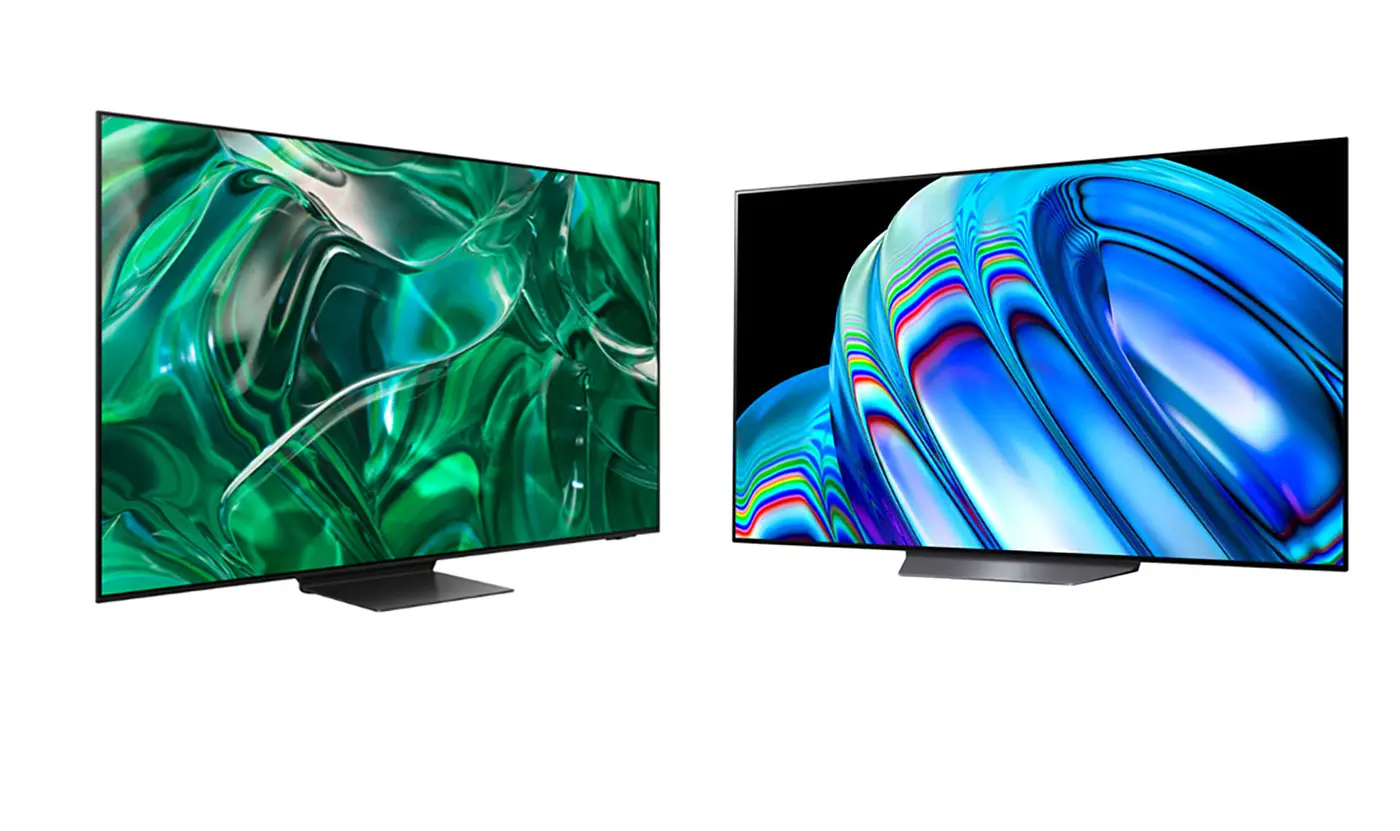
As technology advances, it’s natural to have questions about new products and features. OLED TVs, known for their superior picture quality and vibrant colours, are no exception. We’ve compiled the most frequently asked questions about OLED TVs and provided detailed answers to each. Whether you’re curious about the technology behind OLED TVs, their benefits, or how they compare to other types of TVs, we’ve got you covered.
What is an OLED TV
OLED, or Organic Light Emitting Diodes, TVs utilize a unique display technology. Unlike traditional LED TVs that require a backlight, OLED TVs feature a series of organic compounds that emit light when electricity is applied. Each pixel is individually lit, providing precise control over image production. This leads to superior picture quality with perfect blacks, vibrant colours, and high contrast ratios. The flexibility of the organic materials used in OLEDs allows for more innovative screen designs, such as thin, bendable, or even rollable displays. OLED TVs offer a viewing experience unrivalled by most other technologies currently on the market, making them a popular choice for consumers seeking high-end home entertainment systems.
OLED vs QLED: What’s the difference
One of the most common questions about new televisions is, “Is Samsung QLED better than OLED?” The answer depends on what you value most in a TV. QLED TVs, offer brighter images and are available in larger screen sizes than OLED TVs. QLED technology, largely championed by Samsung, is a variation of LED LCD, using quantum dots to enhance performance. Quantum dots are microscopic particles that emit light of a different colour when illuminated. In QLED TVs, a layer of these quantum dots is placed in front of a regular LED backlight, improving the colour and brightness compared to traditional LED TVs. However, unlike OLEDs, QLEDs still rely on a backlight and thus can’t individually turn off pixels, resulting in less contrast compared to OLEDs.
Is an OLED TV great for gaming
The best OLED TVs for gaming have high refresh rate (many have an amazing 120Hz refresh rate) and special features that optimize gaming performance. All of the top brands have incorporated features to make gaming better. Some of these features to consider are G-Sync compatibility which synchronizes the screen refresh rate with the speed of the games graphics, and HDMI 2.1 connectivity with enables very low latency performance so your actions appear on the screen without delay.
How to know if a TV is OLED
Identifying an OLED TV is quite straightforward. At Best Buy, the model name clearly identifies that type of TV. Here are three examples of TVs: as you can see, the name clearly identifies the TV as having an OLED display.
Another way to identify an OLED TV is by looking at the picture quality. OLED TVs offer perfect blacks and a high contrast ratio, which is not achievable with other types of TVs. If the blacks on your TV screen look completely black even in a dark room, you likely have an OLED TV.
Are OLED TV screens made of glass
Yes, OLED TV screens are made of glass. The OLED components are placed between two layers of glass. This is because OLED elements are sensitive to air and water, and the glass layers protect these components from damage. However, the glass is very thin and is often not obvious to the naked eye. Importantly, when moving or setting up an OLED TV, as with most televisions, be very careful: the glass is fragile. Most people prefer to mount larger TVs onto the wall for safety.
Are OLED TVs also 4K TVs
Most OLED TVs on the market today are indeed 4K TVs. This means they have a resolution of 3840 x 2160 pixels, which is four times the resolution of a Full HD TV. The reason for this is simple: OLED technology is expensive, and it makes sense to pair it with the highest resolution possible to make the most of the picture quality it offers. However, there are also Full HD OLED TVs available, but they are much less common. In fact, all OLED TVs sold at Best Buy are also 4K TVs.
Is OLED worth the money
Whether an OLED TV is worth the money depends on what you value in a TV. If picture quality is your top priority, then an OLED TV is definitely worth the investment. The contrast ratio, colour accuracy, and viewing angles are unmatched by any other type of TV. However, OLED TVs are more expensive than standard LED TVs, so if budget is a concern, you might want to consider other options. Additionally, if you are looking for a very large TV, larger than 84″, then you’ll want a QLED or Mini-LED TV. Also, OLED TVs are less suitable to a very bright location: for very bright rooms where the TV will be used during the daytime, OLEDs may appear more washed-out than a similarly priced QLED TV.
Is OLED bad for the eyes
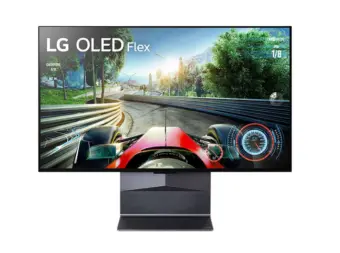
This is good question and is rooted in an understanding of the evidence for eye concerns in the days of cathode-ray tube (CRT) televisions. CRT TVs had a reputation for causing eye strain, fatigue, and discomfort due to their radiation emissions and low refresh rates. One of the huge advantages of LED technology, including OLED technology, is the low energy levels needed to illuminate the display, and the higher refresh rates possible that make viewing more realistic and natural. In fact, because OLED TVs offer better contrast and more accurate colours, they can be easier on the eyes compared to many other types of TVs.
Understanding OLED TVs can seem complex due to the advanced technology involved, but we hope this article has shed light on your queries and concerns. The choice of a TV ultimately depends on your personal preferences, budget, and viewing needs. Are you ready to experience the stunning picture quality of an OLED TV for yourself? Explore Best Buy’s extensive collection of OLED TVs. Whether you’re a movie enthusiast, a hardcore gamer, or simply looking for a superior viewing experience, dive into the world of OLED TVs at Best Buy and elevate your home entertainment experience to new heights.
This article was drafted using AI technology and then reviewed, fact-checked, and revised by a member of our editorial team.


